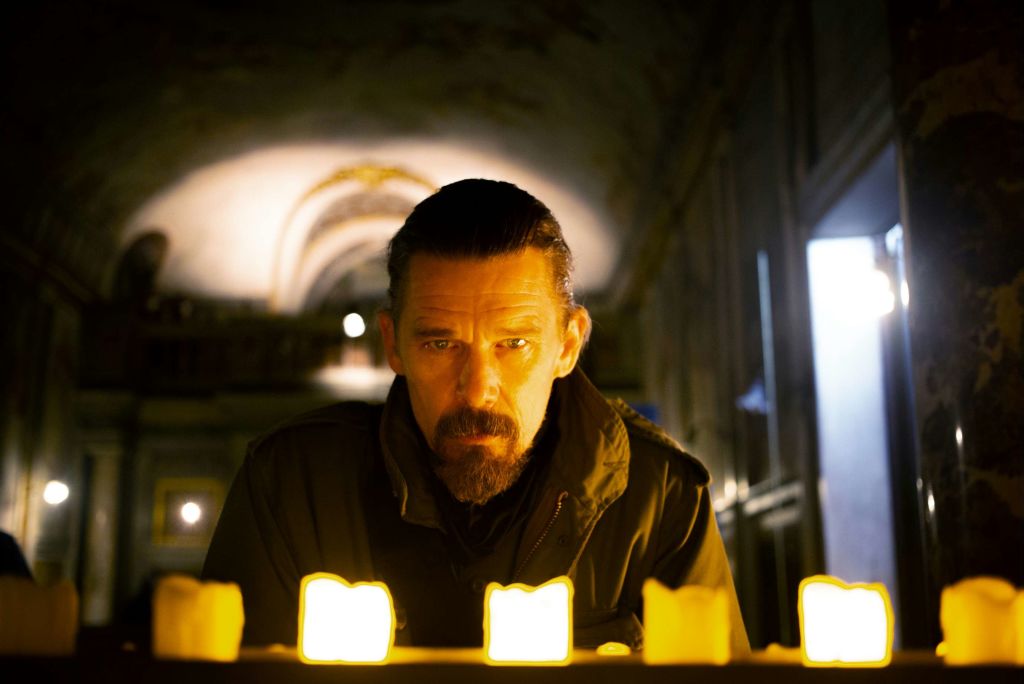Padre Pio
by Brandon Thomas
Shortly after the end of the first World War, a priest named Padre Pio (Shia LaBeouf) finds himself suffering an enormous crisis of faith. Having had health issues that kept him from the front lines of the war, Pio’s guilt is slowly consuming him.
Outside the walls of the monastery, a less internal battle is brewing. Many townspeople, upset with fascist landowners and their own working conditions, are drawn to the rising Socialist Party. They see the town’s first free election as a way to make their voices heard. When the old rulers see the tide turning against them, violence becomes their only way of holding onto power.
Director Abel Ferrara made a name for himself by directing some of the most notable exploitation movies of the late ‘70s, ‘80s, and early ‘90s. Films like Ms. 45 and Bad Lieutenant were cultural firestarters in their day, and might even draw the ire of Film Twitter in the present should it stumble upon those seedy gems. However, in the latter half of his career, Ferrara has been drawn to more contemplative works. Pasolini, Tommaso, and Siberia show the filmmaker at his most introspective. Instead of trying to provoke an audience with violence and graphic sex, Ferrara is now trying to get them to look inward through quiet but haunted protagonists.
Padre Pio is Ferrara’s attempt to subtly blend religion and politics, though neither topic is given its due. Unlike Paul Schrader’s more recent First Reformed, Ferrara’s film is far too disjointed and muddled to prove his own point. The religious fervor found in LaBeouf’s scenes never coherently connects with the film’s political half. There are hints at Ferrara’s initial intentions, but unfortunately very little of that appears on screen.
LaBeouf’s casting is a major blunder. The actor has turned in very good work in movies like The Peanut Butter Falcon, Fury, and American Honey, but as an iconic Italian priest, he is horribly miscast. While the entirety of the film is in English, the bulk of the cast is made up of Italian and other European actors. LaBeouf’s distracting American accent drags any discerning viewer out of the film immediately. His inclusion, and the messiness of the overall storytelling, makes Padre Pio feel like a bad movie-within-a-movie from an Apatow comedy.
Ferrara’s ideas here are compelling and might’ve worked in movies of their own. When crammed together as competing – not complementary – narratives, the film never finds its footing and feels like a slog even at a reasonable 1 hour and 44 minutes.



